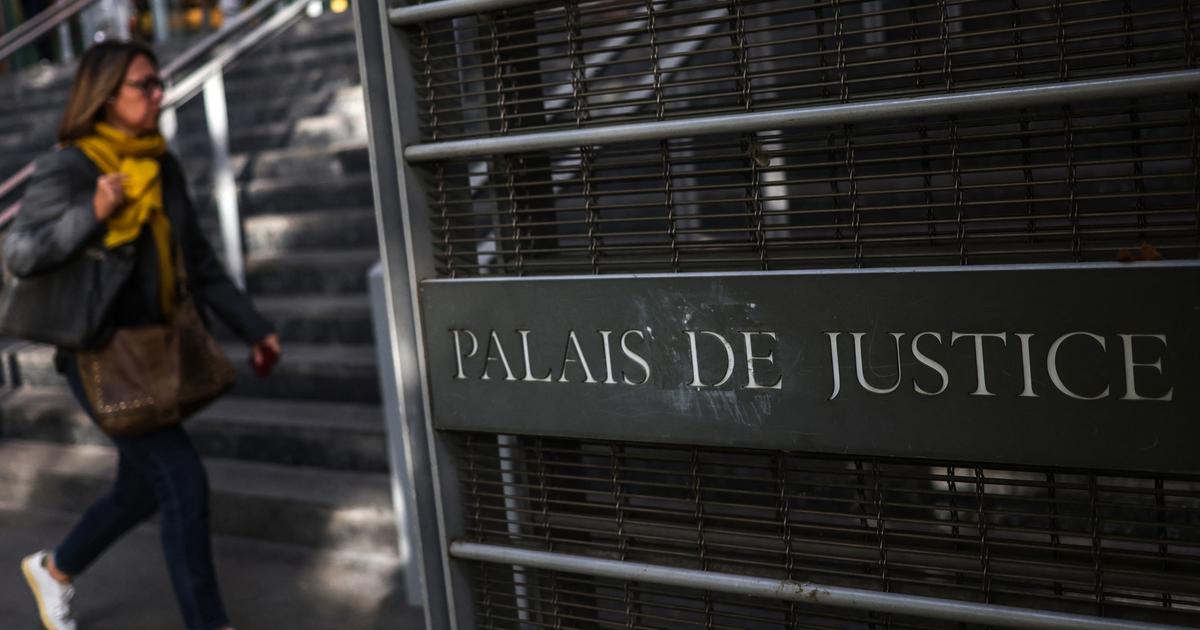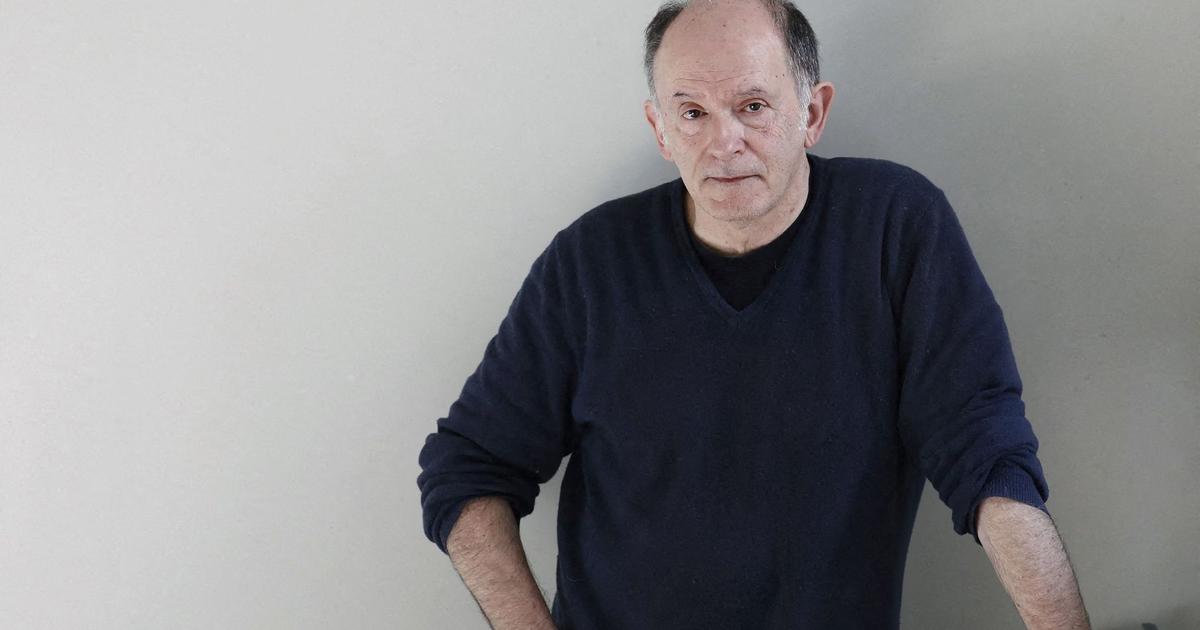Twelve years after the Gulf War in 1991, the Bush administration of the United States planned an invasion of Iraq in early 2003. The United States, with its closest ally Britain and international support, wanted to overthrow dictator Saddam Hussein - and was under massive justification pressure: US Secretary of State Colin Powell presented alleged evidence of Iraqi weapons of mass destruction to the UN Security Council on 5 February; British Prime Minister Tony Blair assisted with similar allegations.
Shortly before, Frank Koza of the US secret service NSA sent a "top secret" email and bluntly asked his colleagues at the British GCHQ for illegal assistance: "As you probably know by now, the Agency is launching a wave of interception against UN security members (minus GB and US Naturally)...". Desirable is "the full range of information" that could help to launch a war against Iraq, Koza wrote on January 31, 2003 . Six members with voting rights were to be blackmailed.
The mail also read Katharine Gun. The translator at GCHQ printed them out and played them to The Observer. Even Gun could not prevent the beginning of the war - but it triggered a scandal and worldwide outrage. For former whistleblower Daniel Ellsberg, the mail was "the most important and courageous leak I've ever seen". Now on November 21, the feature film "Official Secrets" on Katharine Gun's courageous action in the German cinemas.
SPIEGEL: For weeks, the world has been talking about the whistleblower who triggered the Ukraine affair. As a former whistleblower, can you imagine how the man or woman is doing?
Gun: I do not want to comment on this case, the situation is still too unclear. From my experience I can only say: I felt completely isolated at that time. Ignorant of whom I can trust, what the consequences of my actions are. That was very stressful.
SPIEGEL: Then the movie "Official Secrets" should have triggered a flashback.
photo gallery
9 pictures
Whistleblower Katharine Gun: "I was so nervous!"Gun: Not so much a flashback. I can handle this much better today than I did ten years ago. For me, the movie was like following the story of someone else who is very similar to my story. I am very happy that this movie exists. Today we have a much clearer picture of what happened then. At the same time, many questions remain unanswered.
SPIEGEL: Which ones?
Gun: About the relationship between the intelligence agencies NSA and GCHQ. That's a superpolitical question: did they act independently? Or by directives, through official channels?
SPIEGEL: The affair started with an e-mail. In it, the NSA asked the GCHQ for help listening to the UN. Members of the Security Council were to be blackmailed to vote for the Iraq war. What went through your head when you read that?
Gun: I was aware before that we were not told the truth in the Iraq war and unfortunately many journalists did not question what the politicians claimed. I had researched myself and came to the conclusion that there was no justification for an invasion of Iraq. When I read the mail, a red line was crossed for me.
SPIEGEL: To what extent?
Gun: The mail revealed what was going on behind the stage. It shocked me how blatantly the politicians wanted to manipulate the vote. I knew that was ammunition for opponents of a war. Unfortunately, the British politicians did not seize this opportunity later. That annoys me. If you have proof, you should use it!
SPIEGEL: What did you do after you read the e-mail?
Gun: I saw her on Friday and thought about it all weekend. I did not talk to anyone about it, not even my husband.
SPIEGEL: Sounds like a sleepless weekend.
Gun: It's hard to describe. I felt like I had suddenly landed in a strange world like the Wizard of Oz. It seemed like nobody was aware of what was happening - just me. I was so nervous. The leaking mail was punishable. I feared that GCHQ could feel my guilty conscience, they could read my mind.
SPIEGEL: And yet you acted.
Gun: It was about a war contrary to international law, that was my motivation. I printed out the mail on Monday and threw it in the mailbox. That was it. I had now given the control out of hand.
SPIEGEL: Why did you not go to a supervisor instead to complain?
Gun: That would never have worked. They had done nothing and monitored me immediately.
SPIEGEL: You sent the letter to a contact who wanted to pass it to the Observer. Then nothing happened for weeks. Were you disappointed or relieved?
Gun: A mixture. At first somewhat disappointed, then rather relieved: In February 2003, I participated in the big anti-war demonstration in London. I was impressed because millions around the world protested that day. I thought that's enough, the war will not come.
SPIEGEL: In March 2003, the story was on the front page of the "Observer" ...
Gun: A big surprise. And a big shock.
SPIEGEL: Why?
Gun: It's terrible for a person who has committed himself to never giving out documents in the Official Secrets Act to see such a document on the front page of a major newspaper. Scary.
SPIEGEL: There was also an error in transcribing the e-mail: An overzealous secretary consistently translated all terms from American English into British English. Some journalists wondered if it was just a fake. Did you bother the mistake?
Bill Pugliano / Getty Images
Mass rally against the Iraq war, 2003
Gun: No. At first, I did not notice him and, frankly, I was almost in a state of trauma. I did not get much. Besides ... what should I do? I could not call the Observer and say: Hi, that's mine, it's real.
SPIEGEL: The GCHQ immediately searched feverishly for the leak.
Gun: When they asked me for the first time, I denied everything. But I am a bad liar. I sensed that I could not keep going to work that way. I am a sincere person. So I went to my supervisors.
SPIEGEL: How did she react?
Gun: Different than expected, very compassionate, worried. She told me about other former employees who had thrown for ideological reasons.
SPIEGEL: You came in police custody and were charged eight months later. Was there a point where you regretted it?
Gun: No. But there were moments when I felt depressed, demotivated, abandoned and scared. I tried to survive day after day without the system wearing me down.
SPIEGEL: How did your husband react?
Gun: He is a self-contained person. Even he does not always tell me what's going on in him. But he would surely have left me if he did not agree. Many years later he once said: You have not achieved anything, why did you do it? That's not an argument for me. You try the best, hoping to achieve something.
SPIEGEL: The process ended in February 2004 with a surprise. Minutes after the opening, the case was closed because Attorney General Peter Goldsmith did not provide any evidence. How did that happen?
Gun: That keeps me busy today. The Attorney General had issued a lengthy report to Tony Blair, with whom he was a close friend, and concluded that there was no legal basis for a war. That was his assessment a few weeks before the war. Then he met with lawyers from US Security Advisor Rice and Vice President Cheney and completely changed his assessment. That there were different opinions, was later known. Had my case come to court, it might have come out sooner, and in 2005 there were elections.
SPIEGEL: So the Blair government was not interested in a hearing?
Gun: I could justify my breach of law only with the defensive necessity (emergency in case of imminent danger, ie Red.). They did not want a court to decide. For that would have raised in detail the question of the legitimacy of the war.
SPIEGEL: For you personally, the acquittal was good - but not for the country?
Gun: Yeah, politically it was not good.
SPIEGEL: Your work was very expensive - you lost your colleagues and friends.
Gun: But I also gained a lot of new friends and acquaintances.
SPIEGEL: Is it true that you never got a long-term job again?
Gun: Yes. It took me only two years to adapt my life to the new circumstances. I was a bit traumatized, barely talking about it, that was stressing me. I'm not very career-oriented, so my daughter was born and I wanted to spend a lot of time with her.
SPIEGEL: Before the Iraq war, the US government was desperately looking for a "smoking gun", irrefutable evidence justifying the war. How many bad jokes did you have to endure as a whistleblower with the surname "Gun"?
Gun: Not that many. My name is Turkish and actually is "Gün", the dots above the "u" usually leaves the press. He has nothing to do with a weapon. It means "day".









